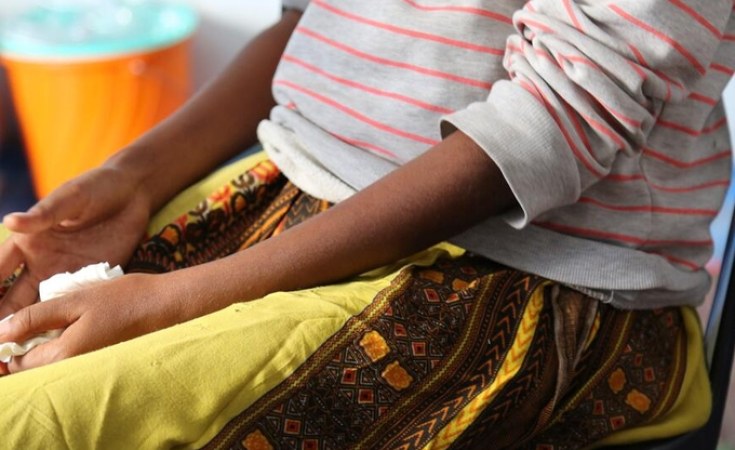Human Rights Watch urged Ethiopian authorities to establish independent vetting mechanisms to ensure that federal and regional military and police personnel responsible for serious abuses are not reintegrated into the national army or police.
The Human Rights Watch (HRW) report identifies Amhara region special police forces, militia, Fano and Eritrea as the perpetrators. Although the Ethiopian government dissolved regional special forces last month and incorporated them into national security forces, HRW has urged the government to stop reintegrating such forces.
The report also stated that two officials, Col. Demeke Zewdu and Belay Ayalew, who were previously implicated in abuses, continue to be involved in arbitrary detention, torture, and forced deportations of Tigrayans.
- Advertisement -International human rights organizations and the Ethiopian Human Rights Commission have accused both sides of committing atrocities during the two-year-long war in northern Ethiopia.
Desalegn Tassew, the chief of Amhara Regional State Peace and Security Bureau, denied the allegations, stating in a phone call with The Reporter that the claim is false.
"We do not know anything about the claims. Such false reports are common from them," he said.
The report also revealed that Amhara forces continue to deport Tigrayans from western Tigray.
HRW compiled the report based on assessments conducted between September 2022 and April 2023, which included phone interviews with 35 witnesses, victims of abuses, and aid agency staff.
"Most are Tigrayan and had been arbitrarily detained in the town of Humera. Interviewees said that local authorities and Amhara forces held over a thousand Tigrayans in detention in Western Tigray towns before forcibly expelling Tigrayans in November 2022 or January 2023," the report reads.
HRW provided a summary of its preliminary findings to the Ethiopian government in May but received no response, the report states.
Some victims reported being released to Sudan, not Tigray, after paying 300,000 birr. The report reveals reports of ethnic cleansing in Tigray, forced expulsions, killings in detention, torture, cruel and degrading treatment, and enforced disappearances.
Two weeks ago, Getachew Reda, the administrator of the Tigray Interim government, also complained that northern and western Tigray remain under occupation of Eritrean and Amhara forces. He told the AU Monitoring team the Pretoria agreement's implementation is sabotaged and the team could not send experts to north and west Tigray.
Stephen Radina (Maj. Gen.), the Kenyan general leading the AU team overseeing the Tigray Defense Force's (TDF) disarmament, reported his team plans to go to Humera by next month. Radina also reported the TDF's disarmament has reached 85 percent.
Western Tigray, particularly Wolkait, is bordered by Sudan and Eritrea externally and by Amhara and Tigray internally. It is a major sesame production area and strategic borderland linking Ethiopia and Sudan.
Both Tigray and Amhara regions historically claim the area, a major obstacle to implementing the Pretoria agreement. Tigray officials say the area should return to Tigray per the agreement, while Amhara officials claim it belongs to Amhara before the Ethiopian People's Revolutionary Democratic Front (EPRDF) came to power.
HRW urged the AU Monitoring Mission to ensure its proposed June visit to Western Tigray publicly reports on rights abuses, protection concerns, and humanitarian access. It recommended international partners "consider targeted financial and visa sanctions on individuals implicated in serious human rights abuses during the conflict and since the truce."
The report urged partners to "support the International Commission of Human Rights Experts on Ethiopia (ICHREE), including by renewing its UN Human Rights Council mandate in September as in-depth, independent investigations into abuses remain essential."
It advised the Ethiopian government to suspend, investigate and appropriately prosecute security forces and officials implicated in serious rights abuses in Western Tigray.
The HRW urged that the AU Monitoring Mission ensure that it publicly reports on protection concerns, rights abuses, and humanitarian access in Western Tigray during its proposed visit in June.
It recommended international partners of Ethiopia to "Consider imposing targeted financial and visa sanctions on individuals implicated in serious human rights abuses during the conflict in northern Ethiopia and since the truce."


